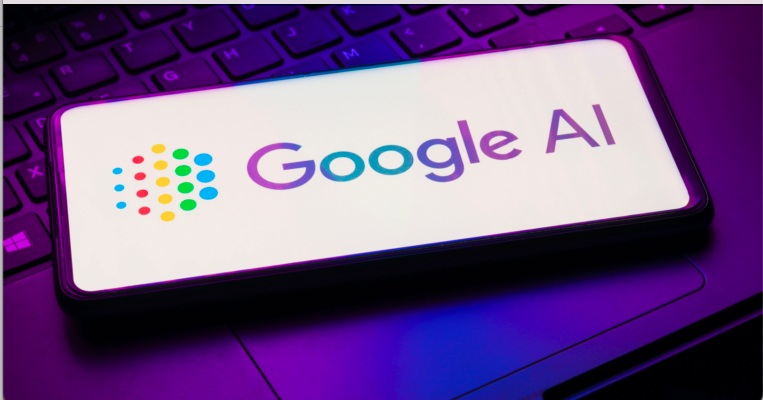Google has begun rolling out artificial intelligence (AI) technology to estimate users’ ages, a move that could reshape online privacy, child protection, and digital experiences.
This AI-driven system analyzes behavioral patterns to determine if a user is under 18, influencing the content they see and the services they can access.
Why Google Is Doing This
This initiative is part of Google’s broader strategy to comply with increasing global regulations, such as the UK’s Age-Appropriate Design Code (AADC) and the upcoming Kids Online Safety Act (KOSA). The goal is to prevent minors from accessing inappropriate content and ensure that companies adhere to stricter digital safety standards.
How It Works
Google’s AI model assesses multiple data points, including:
- Browsing behavior – Sites visited, searches made, and video watch history.
- Account activity – Interaction with certain types of content and usage patterns.
- User verification – In some cases, users may be prompted to verify their age via a selfie, credit card, or government-issued ID.
If Google’s AI detects that a user is likely underage, their account settings may be adjusted automatically, restricting access to age-sensitive services like YouTube and the Play Store.
Concerns Over Privacy and Accuracy
While Google argues that AI-powered age estimation enhances child safety, privacy advocates are raising concerns:
- Data Collection Risks – Critics worry that analyzing user behavior for age estimation could lead to broader data collection practices.
- Potential Errors – AI predictions aren’t always accurate, meaning some users may be incorrectly classified as underage or adults.
- Parental Oversight – The system might override parental decisions on what their children can access online.
The Future of AI Age Verification
Google is expected to expand this system globally, refining its AI models for greater accuracy.
Other tech giants, including Meta and TikTok, are also exploring similar age verification techniques, signaling a shift in how digital platforms manage user identities.
As AI plays a bigger role in online regulation, users should remain aware of how their digital footprint is being analyzed.
Is this the future of safer internet browsing, or a step toward increased digital surveillance? The debate continues.
Also Read
